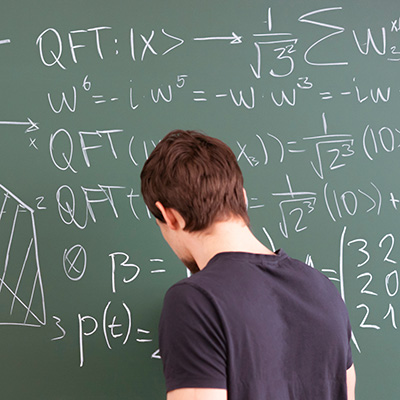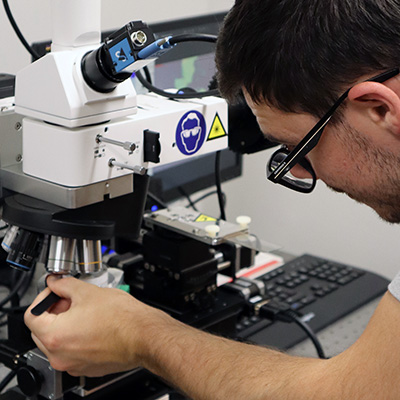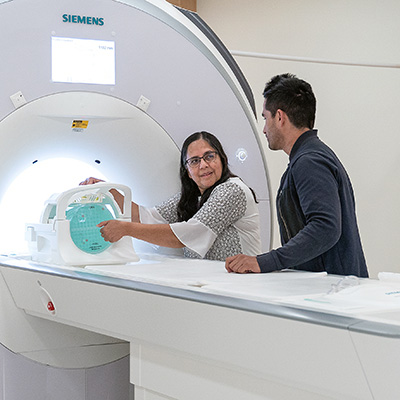The Department of Physics master’s programs offer a rigorous and engaging curriculum designed to deepen students’ understanding of both theoretical and experimental physics. Our programs focus on core areas such as quantum mechanics, statistical mechanics, electromagnetism, and condensed matter physics, providing students with a solid foundation in the principles that govern the physical world.
Students benefit from hands-on laboratory experiences that allow them to conduct experiments and analyze data, fostering practical skills alongside theoretical knowledge. The program emphasizes collaboration, with faculty members committed to mentoring students and guiding them through their academic pursuits.
There are numerous research opportunities, with faculty conducting investigations in fields such as astrophysics, biophysics, and nanotechnology. Students are encouraged to engage in research projects that contribute to the advancement of knowledge and innovation in the field of physics, preparing them for careers in academia, industry, and beyond.
M.A. in Physics

The Master of Arts in Physics gives students the opportunity to continue gaining expertise in physics principles and gain hands on experience in an academic setting. The program consists of 30 units in the department to complete the degree. Courses that students take include electromagnetic theory, statistical mechanics, and quantum mechanics. To advance to candidacy, M.A. students are required to complete a written exam. Graduates are prepared for careers in education, data analysis, or consultation.
Curricula:
Catalog: M.A. Physics
M.S. in Physics

The Master of Science in Physics is constructed to prepare students for further education in physics and research. The program is made up of 30 units in order to earn the degree including classical mechanics, electromagnetic theory, and research coursework. To advance to candidacy, M.S. students are required to complete research and write a thesis. Graduates of the program are prepared for the pursuit of a Ph.D., medical residency, or engineering.
Curricula:
Catalog: M.S. Physics
M.S. in Medical Physics

The Master of Science in Medical Physics allows students to pursue knowledge of an emphasis in radiology through the physics department. Students complete 30 units in courses such as nuclear medicine physics, diagnostic imaging, and radiobiology. The program is designed to prepare students for careers in the medical field, research, or hospital consulting. Students also have the opportunity for research alongside professors in focuses such as radiation therapy, magnetic resonance imaging, and 3D bioprinting.
Curricula:
Catalog: Medical Physics, M.S.

